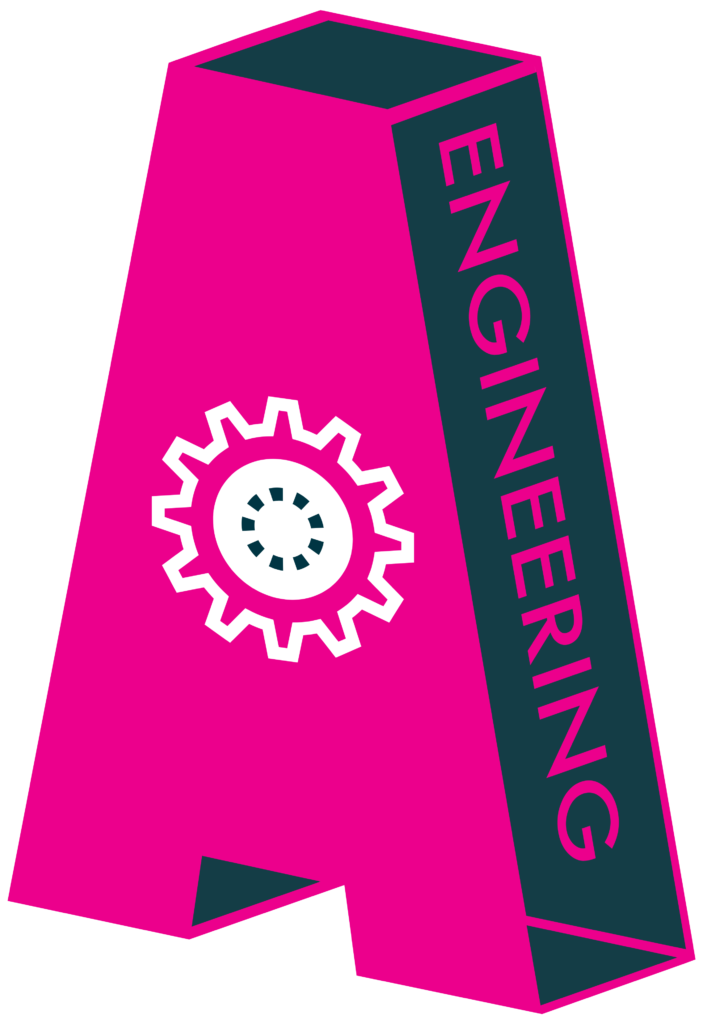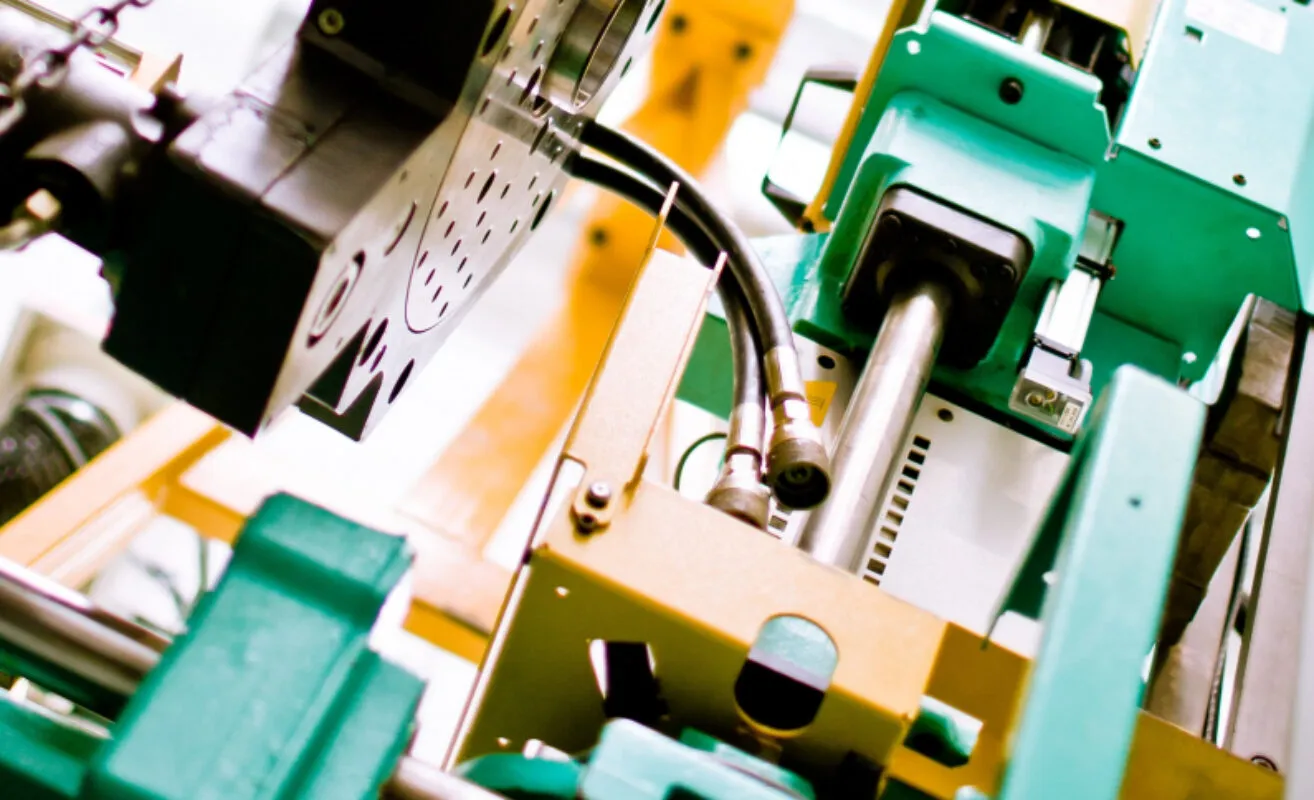

Course Search
Courses
Admissions & Support
Course Search
Our Services
Our Community
Course Search
Governance
Professional Services
Location: Athlone
years: 3

The Polymer Processing Technology Apprenticeship is a consortia-led, three-year ‘earn and learn’ apprenticeship developed by the IBEC Polymer technology Ireland industry partners, and the Technological University of the Shannon to meet the growing demand for skilled polymer processing technologists in sectors such as medical devices, automotive, packaging, and advanced manufacturing.
Apprentices spend approximately 70% of their time in paid, on-the-job training with an approved polymer manufacturing employer, and 30% in block-release academic study at TUS Midlands, Athlone Campuses.
The apprenticeship leads to a Bachelor of Science in Polymer Processing Technology Level 7 on the National Framework of Qualifications. Apprentices gain advanced practical skills and academic knowledge in areas such as polymer materials and processing, process optimisation, quality systems and metrology, automation and control, lean manufacturing, and project management.
Graduates may progress to further study at Level 8.


IBEC Polymer Technology Apprenticeship
Email: info@polymertechnologyapprenticeships.ie
Telephone: 01 605 1677
General Queries for Current Apprentices
Email: eng@tus.ie
Applicants for the programme must be employed on an Apprenticeship contract of employment.
Applications to register an apprentice can only be submitted by a Registered Employer.
Applicants must meet the entry requirements as follow:
An apprenticeship is a programme of structured education and training which formally combines and alternates learning in the workplace with learning in a university, third-level education institution, or training Centre. It is a dual system, blending on-the-job, employer-based learning with off-the-job academic study. Apprentices are paid employees for the duration of the programme and gain nationally recognised qualifications.
The Polymer Processing Technologist is responsible for the efficient set up and operation of polymer processing lines in the fields of Injection Moulding, Blow Moulding or Extrusion moulding for the production of plastic components relevant to industry standards.
They have a strong technical aptitude of processing characteristics & parameters for a broad range of polymer materials; they will work cross functionally with Production Team Leaders/Moulding Managers/Quality/ Toolroom /Maintenance Department/ Material Suppliers & external customers to address machine, material, mould, die or tooling issues, including complex tooling assembly & breakdown.
This is a Three-year Apprenticeship.
Summer intake: Apprenticeship contracts start in May for September academic block.
Autumn intake: Apprenticeship contracts start in September for January academic block.
Applicants for the programme must be employed on an Apprenticeship contract of employment.
Applications to register an apprentice can only be submitted by a Registered Employer.
Details of current apprenticeship opportunities are advertised locally and nationally by many employers, and are often listed on the national apprenticeship jobs portal at: https://apprenticeship.ie/career-seekers/jobs
Your local Education and Training Board may hold details of employers seeking to employ an apprentice, visit: https://apprenticeship.ie/more/your-local-provider
An apprenticeship is a dual-system education model combining work-based learning with academic study, enabling participants to gain practical industry experience while earning a nationally recognised qualification.
This programme is primarily designed for:
As part of the national apprenticeship system, there are formal requirements for approval of an employer’s suitability to train apprentices and for registration of apprentices. SOLAS is responsible for delivering on these requirements.
Contact IBEC Polymer Technology Ireland via email or visit their website.
Following submission of an Expression of Interest, a SOLAS Authorised Officer from the relevant Education and Training Board (ETB) will conduct a suitability assessment. This process is straightforward, typically involves a site visit, and is normally completed within 1–2 weeks.
To advertise apprenticeship vacancies for free, please visit: https://apprenticeship.ie/employers/current-employers
For the Level 7 Polymer Processing Technology Apprenticeship, mentors must hold a Level 7 qualification in a cognate discipline and have at least four years’ relevant industry experience.
Apprentices are supported by their Industry Mentor, Academic Supervisor, and the programme’s Apprenticeship Manager. They receive academic support during block release and ongoing guidance during industry placements.
For additional guidance and support, please click on the options below: